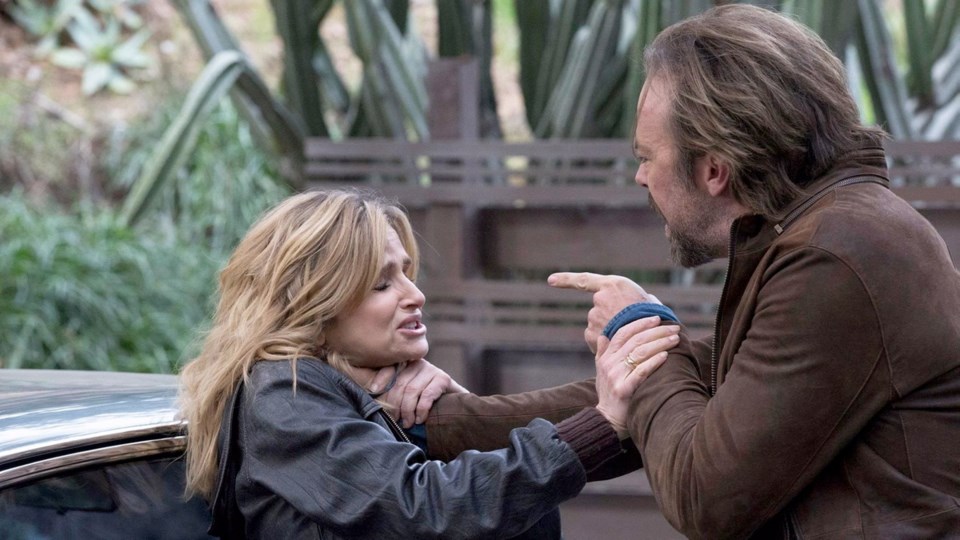You have questions. I have some answers.
Q: I started watching “Ten Days in the Valley” on ABC for four episodes and suddenly it was gone. Has it been cancelled? I also liked “Doubt” last season and after only two episodes, it was taken off, though I saw the rest of the episodes when they were shown later in the season. Now I read in your column that “Me, Myself & I” was yanked. I wasn’t a fan of that show yet, but planned to see a few episodes. Why do the networks make decisions so early in the season?
A: First, let me explain about “Ten Days in the Valley,” since you’re not the only one surprised by its disappearance. ABC took it off the Sunday lineup after four episodes because, as one report put it, the show had “paltry” ratings and the numbers dropped over the four weeks it aired. ABC will run the remaining six episodes on Saturday nights beginning Dec. 16, with two episodes that night; one each on Dec. 23 and 30, and the last two on Jan. 6. I do not expect to see any more.
Now, as to your bigger question, networks expect shows to achieve a certain rating (which may vary because of the time period or the competition), or at least to demonstrate such a rating is possible. A low-rated start followed by either flat or declining numbers is usually fatal. In such a case, the show will be dropped quickly, because it can harm other parts of the schedule. (The poor performance by “Ten Days,” for instance, was not helping the late local newscasts following it.) If there are unaired episodes, they’ll usually be dumped in a time slot that’s not that important to a network, such as Saturday night — where, you will recall, “Doubt” also ended up.
Q: On “NCIS: New Orleans,” why does the character Christopher refer to Scott Bakula’s character as “Keen” when his name is Dwayne Pride?
A: Dwayne Cassius Pride, played by Scott Bakula, is nicknamed “King.” When the “New Orleans” characters first appeared on the main “NCIS” in 2014, Christopher LaSalle (played by Lucas Black) explained that Pride once made a major drug bust that cleaned up a neighborhood. The local krewe (organizations known for their colorful parades during New Orleans’ carnival season) made Pride an honorary member, a special honor which led to his friends calling him “King.”
Q: Will “The Good Fight” be back?
A: After “The Good Wife” ended on CBS, the network commissioned a sequel, “The Good Fight,” which aired mainly on the CBS All Access subscription streaming service. A second season is in the works for airing in early 2018; the first season is still available on CBS All Access.
Q: For some time, we’ve been wondering about Charles Krauthammer, who has not been on Fox News Channel. Can you help?
A: About a month ago, FNC anchor Bret Baier explained that Krauthammer had undergone a preplanned surgery at his doctors’ urging. But after surgery Krauthammer had some complications which kept him from returning to work. He is still recovering.
Q: Last season, there was a show called “Conviction.” The last episode was called “Past, Prologue and What’s to Come.” But I have seen nothing about it this fall so far.
A: ABC decided not to continue the drama after 13 episodes. The episode title, by the way, is from Shakespeare’s “The Tempest”: “What’s past is prologue; what to come/In yours and my discharge.”



